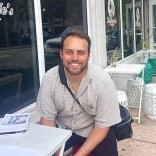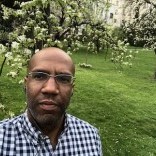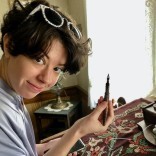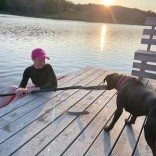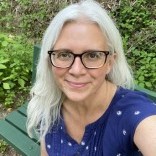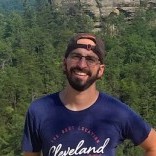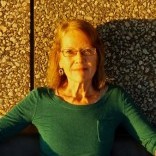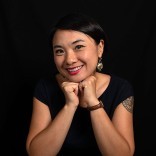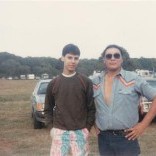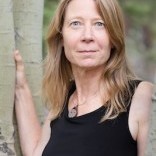Oxygen
Brendan Constantine
When the hills catch fire, the crews have no choice
but to attack from below. You don’t want to be higher,
they say, that’s how you feed yourself to it. Even so,
the fire can still fight back, loosening the ground
around trees and boulders, so they come crashing down.
The fighters learn this in fire school. Of course, it’s harder
at night; they can only listen for whatever the fire may
drop. So, they go slow and call out to each other, Rock,
Tree, Animal. And since it’s always night somewhere,
always out of control, one can imagine them right now,
walking up the dark like gods or children, naming
the world as it comes for them.

